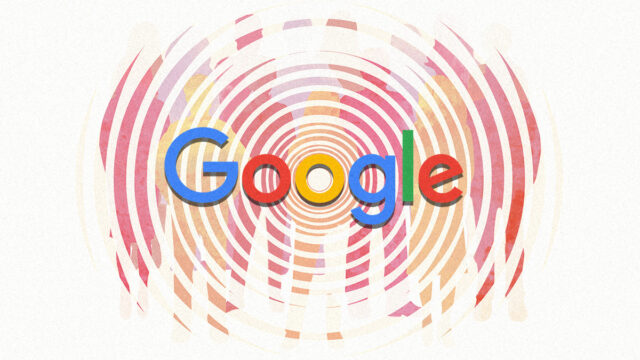Google planned to spend hundreds of millions of dollars incentivizing agencies to purchase certain types of its media, according to new documents filed last week in the Department of Justice’s upcoming antitrust trial against Google.
The documents reveal the inner workings of Google’s incentive programs with agencies and advertisers. The program gave agencies discounts, special perks like third-party research, and cash back for agreeing to buy certain media from Google.
Google publicly disclosed the program in a blog post, but the new documents detail the specifics of these programs—including what Google planned to pay out to agencies and how Google internally thinks of the initiative.
Arielle Garcia, director of intelligence at industry watchdog Check My Ads, who formerly worked at ad-buying giant UM, described the program as benefitting Google. Garcia has first-hand knowledge of Google’s program, she said.
“[Google] tends to recommend things that benefit themselves more so than advertisers,” Garcia said.
Incentive programs like those outlined in Google’s filing are common among media companies, said a media auditing source who requested anonymity to discuss sensitive industry relations. But they can be controversial, especially if they are employed by agencies that aren’t transparent with their clients about the deals. The risk comes from agencies recommending media because they were paid to do so, and not because it was in the client’s best interest.
The document is dated May 29, 2018 and is “sponsored” by Google exec Debbie Weinstein with contributions from Google execs Kate Alessi, Brian Gargan, Brett Koons and Rekha Natarajan. These programs have existed since at least 2016, per AdExchanger’s reporting. It is not clear in what capacity these programs exist today.
Wooing advertisers with incentives
The documents detail three types of incentives offered by Google.
The first is DVIP Upfronts, where agencies and advertisers make an upfront commitment to spend on Google display and video ads in exchange for receiving a discount on reservation-based spend, a kind of deal where buyers can buy certain media placements at a fixed rate. Buyers also get access to a pool of money called the discretionary incentive funds, which advertisers can use on creative production, third-party research, and reducing platform fees.


